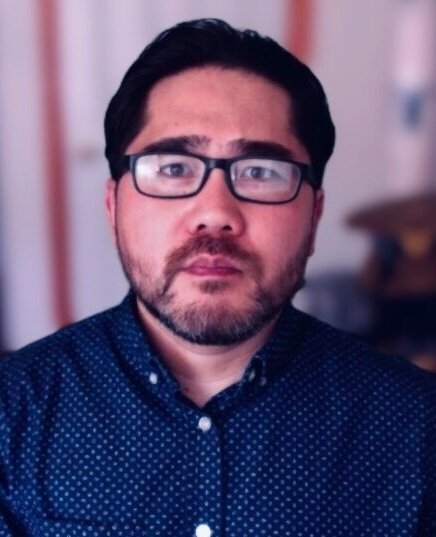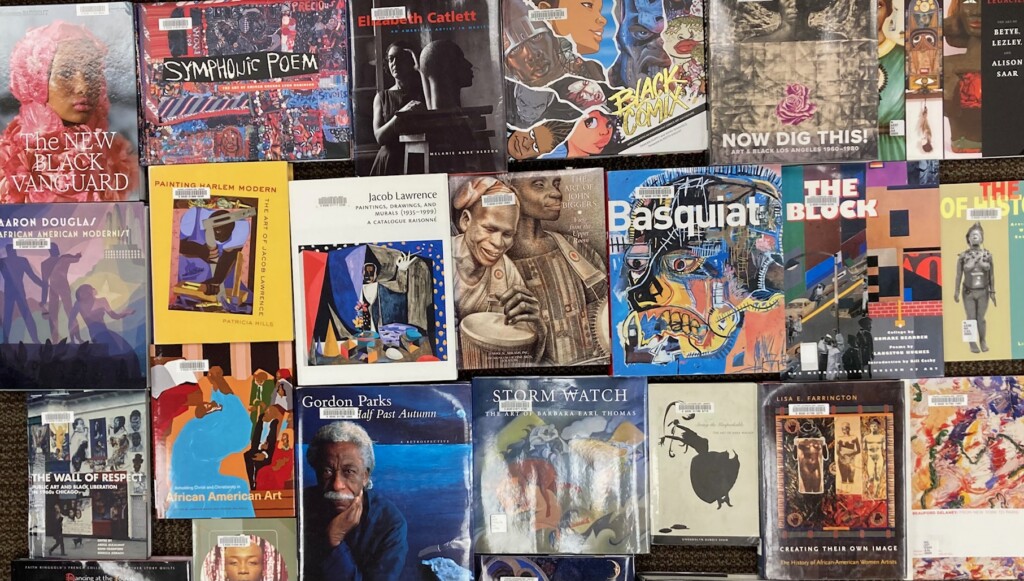Page 124 • (3,807 results in 0.064 seconds)
-

elements of stories but also the traditions particular stories come from—how place and race and history often converge to inspire and inform a creative work, pushing it beyond the sum of its parts. I view a classroom setting and one-on-one mentorship as a kind of community of empathy and exploration where we’ll ask questions like: What are the building blocks of this story? Who is the imagined audience? What might I want to emulate? Why am I resistant to a certain narrative? Why have I embraced this
-

-produced and highly engaging. Additional information regarding the virtual ceremonies will be shared with students, families, and campus community members as soon as it is available. Please contact Vicky Winters (commencement@plu.edu) at the Office of the President with questions. Read Previous The Room Where It Happens: PLU Nursing Majors Help Community Members Take Their Shot Read Next Virtual convening of The People’s Gathering to facilitate timely conversations about race COMMENTS*Note: All
-
of those grades that could result in dismissal from, or delay in, the nursing program. (Examples: A- vs. A, no dispute; B vs. A, can be disputed; C- vs. C, can be disputed.) 5. Grounds for grade disputes should arise from documented incidents of discrimination and/or harassment based on race, religion, age, color, creed, national or ethnic origin, gender, sexual orientation, marital status or disability∗∗, and/or arising from non-compliance with established PLU and/or School of Nursing policies
-

another time Consuming stories : Kara Walker and the imagining of American race Beauford Delaney : from New York to Paris Painting Harlem modern : the art of Jacob Lawrence Storm watch : the art of Barbara Earl Thomas The Wall of Respect : public art and Black liberation in 1960s Chicago Dancing at the Louvre : Faith Ringgold’s French collection and other story quilts Black comix : African American independent comics, art and culture Half past autumn : a retrospective (Gordon Parks) Reflections in
-
, opportunity and freedom. However, AI systems can perpetuate racism, sexism, ableism, and other harmful forms of discrimination, therefore, presenting significant threats to our society – from healthcare, to economic opportunity, to our criminal justice system.” (source) To meet these challenges, the world needs software developers who exhibit integrity, honesty, critical thought, and care. We need developers who see their role as a service to society, and who practice thoughtful inquiry, service
-
Religion (including textual analysis, historical methods, theological and ethical reasoning, ethnography); apply some of these methods to focused questions in upper-division seminars; and demonstrate the use of one method in a culminating project. Demonstrate the ability to engage in constructive dialogue as they explore tensions between universal truths and particular interpretations and practices, and between historical movements and the urgent challenges of today. Demonstrate skills of critical
-

received her Bachelor of Science degree in Health and Physical Education from Lock Haven University (PA). She earned her master’s degree in Exercise and Sport Science at the University of Arizona and received her Ph.D. in Exercise and Movement Studies from the University of Oregon in 1992. Dr. Hacker has received numerous professional awards including the Distinguished Professional Practice Award from AASP (the first woman to do so), the American Psychological Association’s Presidential Citation
-
, Buffalo State University St. Augustin’s Higher Time, Max Weber’s Disenchantment and Confucius on Ritual Ceremony: The Significance of Confucianism, Fred Yonggang Huang, Brooklyn College – City University of New York Studies in Iconology of Taoism from a Global Perspective, Juntao Li, Sichuan Normal University (Online) Sustainable Development: Confucianism is the Solution to the Modern Environmental Crises, Daliang Wang and Savannah Graver, High Point University 浅析传统太极技击与养生的力学原理, Ningsheng Huang
-
Step 4This is a critical component of the HPRB application. Informed consent is necessary for all research studies (even exempt research). The goal of informed consent is to make sure research participants are treated with dignity and respect and they understand: what they will be asked to do any risks and/or benefits involved they can choose not to answer any questions they always have the right to decline or withdraw from any study without consequence how their data will be used and protected
-

time here. Why did you choose a reading endorsement for your degree? Everyone who studies education at PLU chooses an endorsement, either special education or reading. Growing up, I was a bookworm. I would sneak books to read late at night. That is why I chose the reading endorsement. I didn’t know what teaching literacy would encompass at all. I have been learning the stages of reading and language acquisition, learning to teach phonics, and learning to inspire interest in reading in kids. That’s
Do you have any feedback for us? If so, feel free to use our Feedback Form.


